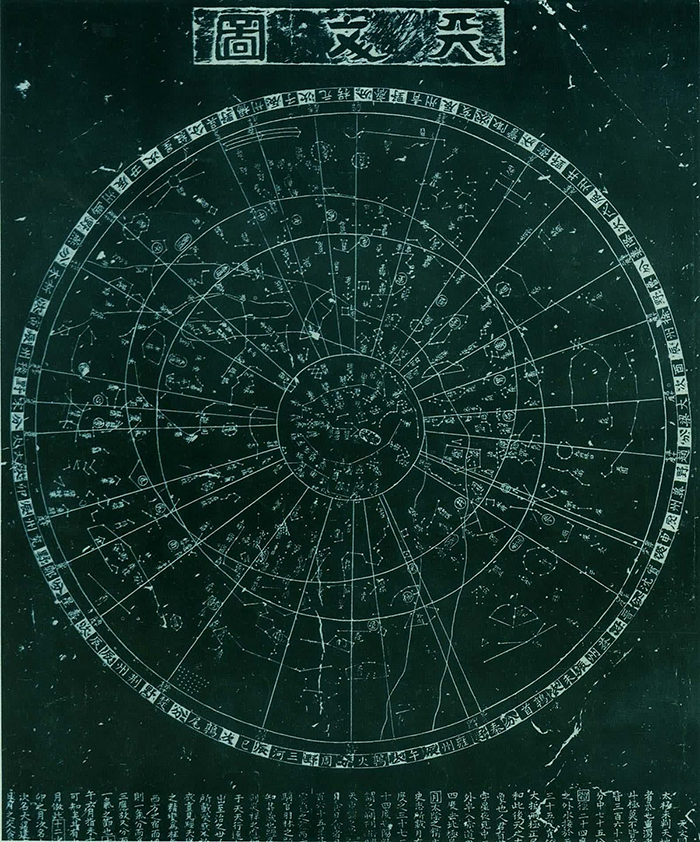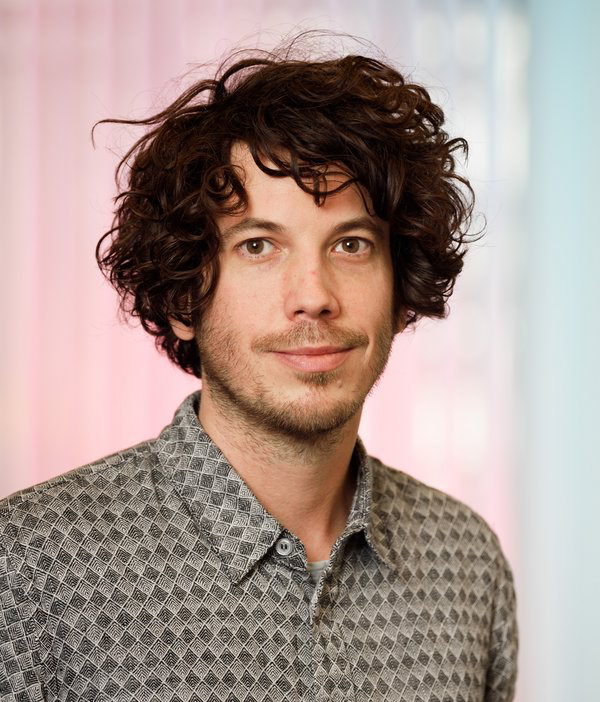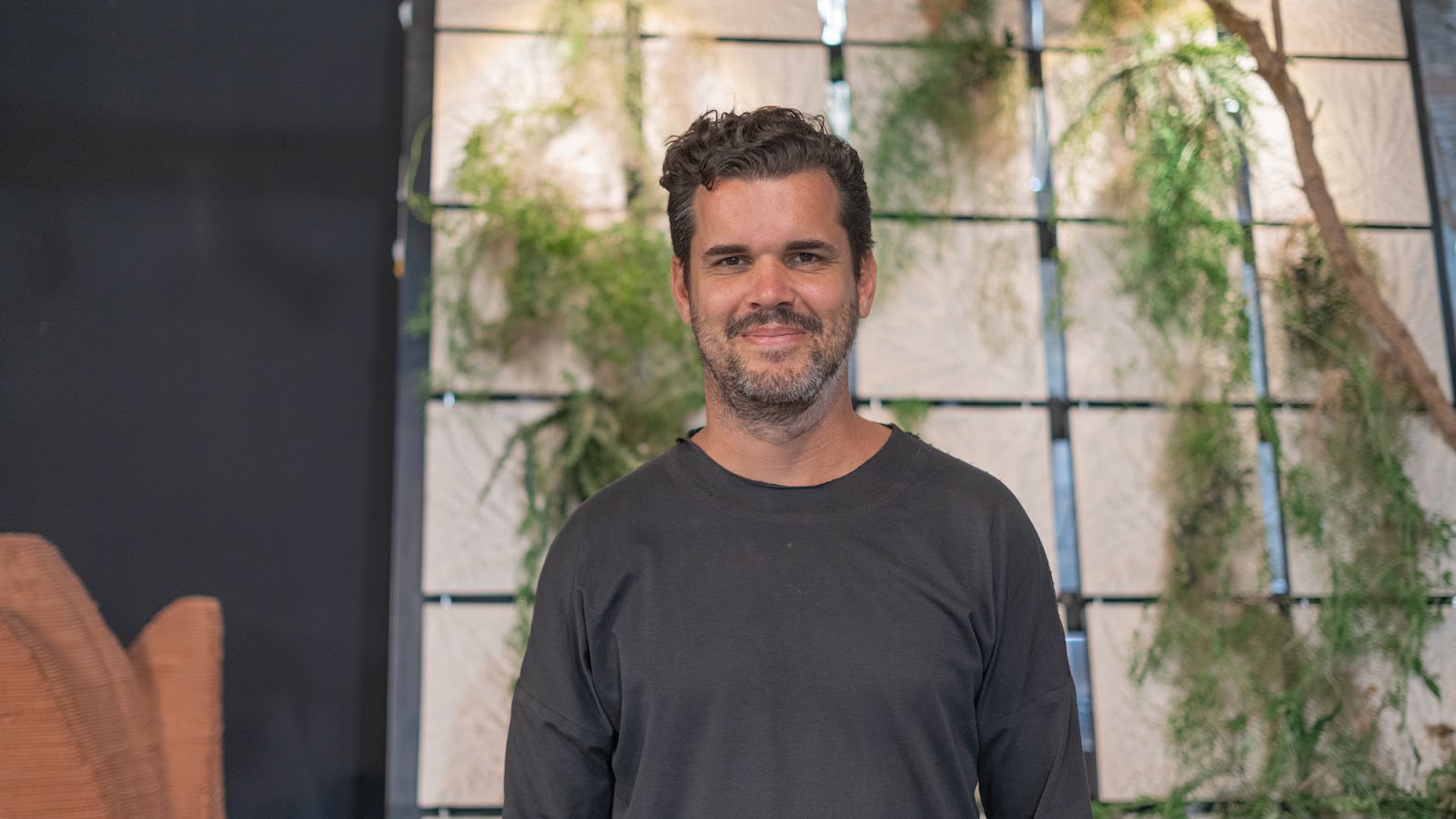Syllabus⇝
According to experts, we lost the battle with climate change between 1979 and 1989. Even a decade before, the Club of Rome was already aware of the systemic problems of the model of development of the global economy, and in the voracity of consumption. Designers have been voices that always brought optimism to the discussion, beyond politicians. In 2004 designer Bruce Mau produced an exhibition and book on the topic “Massive Change”, where seemed to be a glimpse of hope based on the new perspective of starting a century and a millennium. Almost 15 years later, nations got together to declare the war on climate change, the Paris Declaration took the covers of main media around the world. Nothing seems to change: fracking is a practice that is being increased, the poles are melting, and we are extinguishing animal species at a rate never seen before.
This course is intended to help students framing research questions in an age of massive change and constant uncertainty. The sessions organized with experts are aimed to give students the framework to understand the resistance to change in society and find ways to overcome them.
During Week 5 we want to review the world crisis, from the perspective of experts that have produced work on climate change, the relationship between humans and technology, or just about the definition of humans. Students will be encouraged to find the new glimpses of hope in the current state of affairs in the world and will be guided to define their space of intervention. The course will be organized in sessions led by the Research Studio and MDEF directors.
Output⇝
Create and document in your site your own reading list. Elaborate a literature review, State of the Art related to projects in your field of interest. Positioning in relation to a subject of your interest.
Faculty⇝
Oscar Tomico is associate professor at the Department of Industrial Design at Eindhoven University of Technology on Design Research Methodologies for Posthuman Sustainability. His research revolves around 1st Person Perspectives to Research through Design at different scales (bodies, communities and socio-technical systems). Ranging from developing embodied ideation techniques for close or on the body applications (e.g. soft wearables), contextualized design interventions to situate design practice in everyday life, exploring the impact of future local, distributed, open and circular socio-technical systems of production, or experimenting with cohabitation as a posthuman approach to multi-species design.
Tomas Diez Ladera, a Venezuelan Urbanist, Designer, and Technologist, is known for his expertise in digital fabrication and its impact on future cities and society. He is a founding partner and executive director of the Fab City Foundation, and he also serves on the Institute for Advanced Architecture of Catalonia’s board of trustees, where he holds positions as a senior researcher and tutor. He actively collaborates with the Fab Foundation to support the global Fab Lab Network and has played a significant role in launching initiatives such as the Fab Academy and Fab City.
Tomas co-founded and co-designed projects like the Smart Citizen initiative and the global Fab Lab Network platform, fablabs.io. Additionally, he co-created higher degree programs, including the Master in Design for Emergent Futures (IAAC-Elisava) and the Master in Design for Distributed Innovation (Fab City-IAAC), both of which he co-directs. As a founding partner and President-Director of the Meaningful Design Group Bali, he aims to combine advanced technologies and design with alternative perspectives and cultures in Indonesia and Southeast Asia. He has received recognition as a young innovator of the year by the Catalan ICT Association and was nominated as one of Nesta's and The Guardian's top 10 Social Innovators in Europe.


